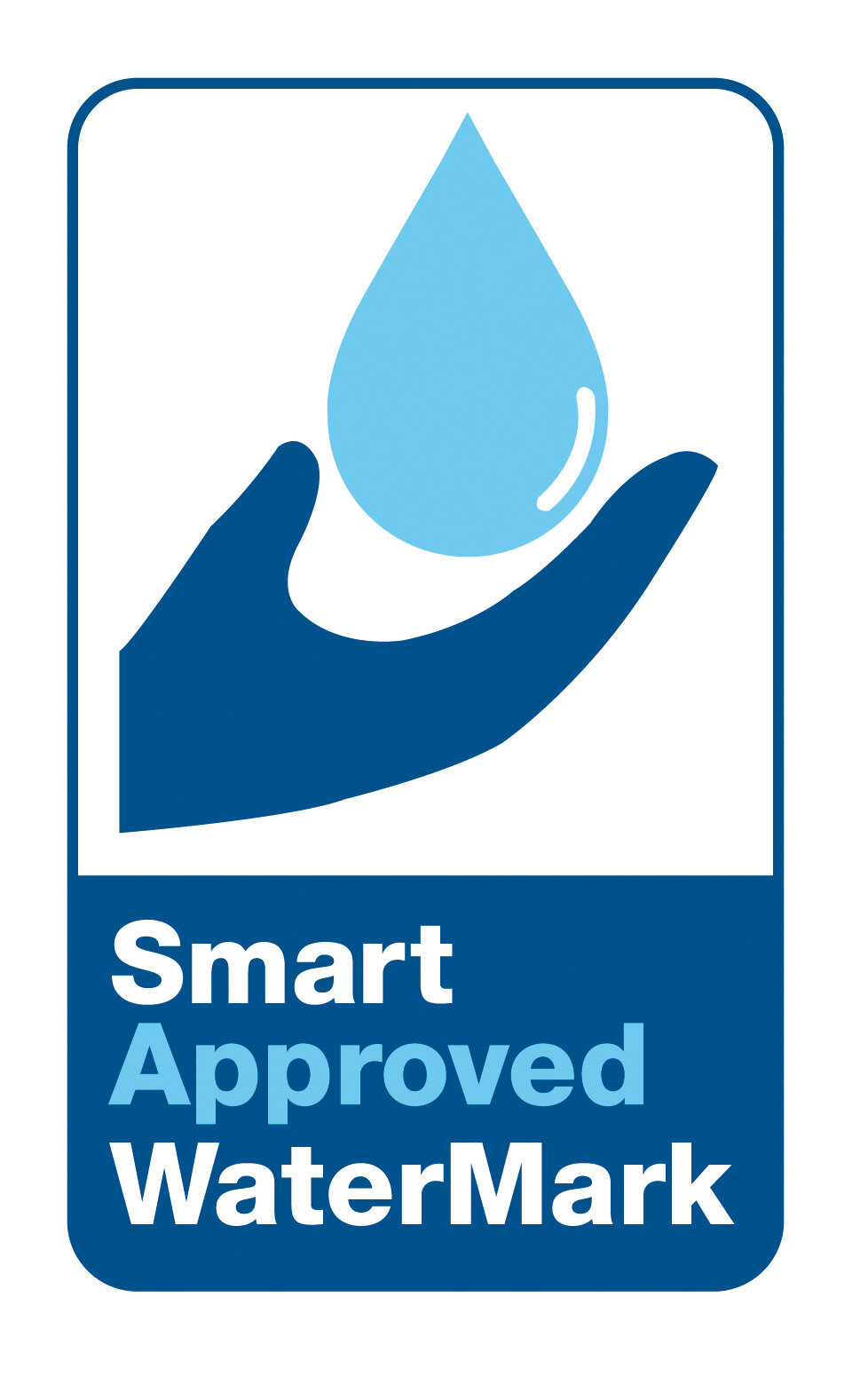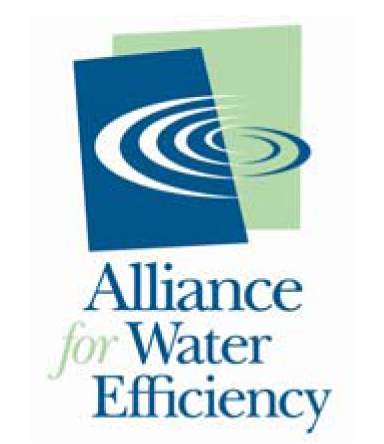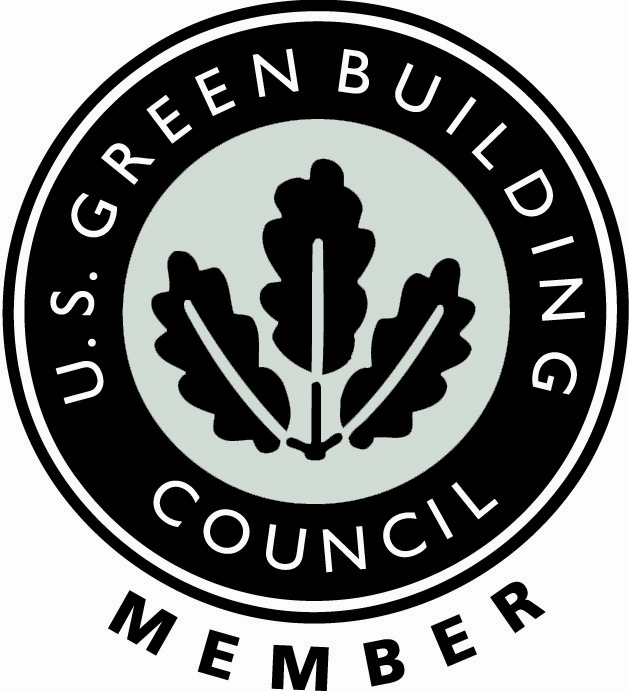Sometimes, it's not until we do the math, that we see just how much water traditional urinals use and how much waterless urinals save.
For instance, at this time, urinals marketed in the U.S. cannot use more than one gallon of water per flush. That doesn't sound too much, but when we do the math, we can see just how much water this is.
Let's take two office buildings, each with 500 males. When it comes to water consumption for these urinals, here's how the numbers line up:
As you can see, more than a quarter of a million gallons of water are saved in this scenario by installing waterless urinals.
But some office buildings are not going all the way when it comes to water savings. Instead of installing waterless urinals, they are installing urinals that use about .5 gallons of water per flush. Doing so reduces their water consumption, in this example, to 113,500 gallons per year. That’s still a lot of water just for flushing urinals.
But, let's take things one big step further.
Suppose there are five buildings on this one block, each the same size, and each with 500 males. If they have one-gallon per flush urinals installed, just that one block of buildings is using 1,135,000 gallons of water per year just for its urinals.
Yes, that comes down to 567,000 gallons if .5 gallons of water per flush are installed, but once again, that’s a lot. It is more than half a million gallons of water used just to flush urinals on one city block.
It is expected that by 2025, more than 70 percent of the world's population is going to be living in cities with millions of buildings just like these around the world. Using this much water just to flush urinals is no longer sustainable. In fact, it’s a waste.
Benjamin Franklin once said, "waste neither time nor money, but make the best use of both." We're pretty sure, if he were here today and saw all the water wasted by flushing urinals, he would tell us, "waste neither time nor money nor water, but make the best use of all." Flushing water down urinals is not the best use of water.










